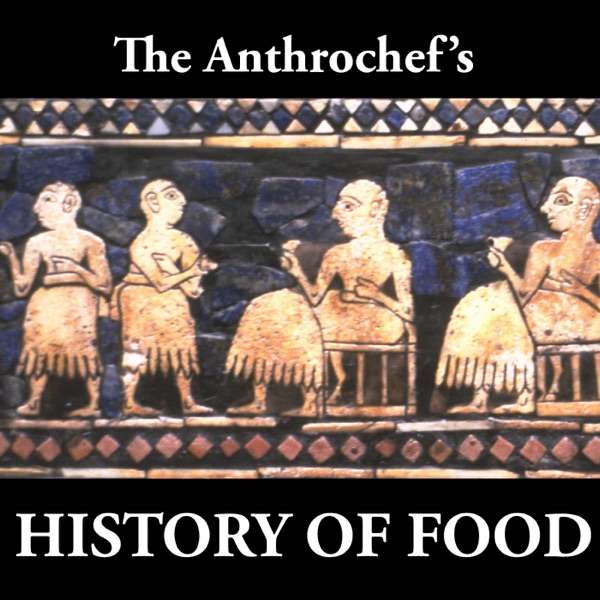Subtext is a book club podcast for readers interested in what the greatest works of the human imagination say about life’s big questions. Each episode, philosopher Wes Alwan and poet Erin O’Luanaigh conduct a close reading of a text or film and co-write an audio essay about it in real time. It’s literary analysis, but in the best sense: we try not overly stuffy and pedantic, but rather focus on unearthing what’s most compelling about great books and movies, and how it is they can touch our lives in such a significant way.
- Home
- Top Charts
- Top Networks
- Top Apps
- Top Independents
- Top Podfluencers
- Top Picks
- Top Business Podcasts
- Top True Crime Podcasts
- Top Finance Podcasts
- Top Comedy Podcasts
- Top Music Podcasts
- Top Womens Podcasts
- Top Kids Podcasts
- Top Sports Podcasts
- Top News Podcasts
- Top Tech Podcasts
- Top Crypto Podcasts
- Top Entrepreneurial Podcasts
- Top Fantasy Sports Podcasts
- Top Political Podcasts
- Top Science Podcasts
- Top Self Help Podcasts
- Top Sports Betting Podcasts
- Top Stocks Podcasts
- Podcast News
- About Us
- Podcast Advertising
- Contact

 Our TOPPODCAST Picks
Our TOPPODCAST Picks  Stay Connected
Stay Connected




























































































